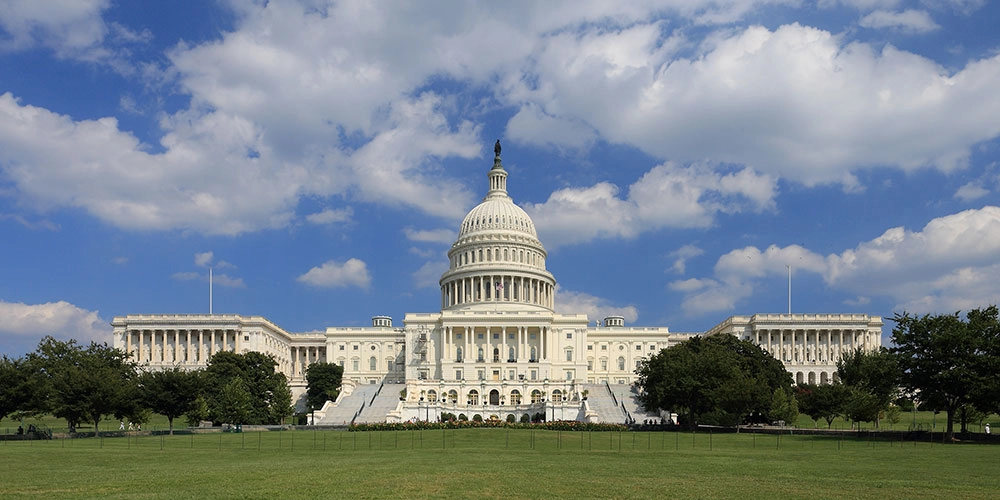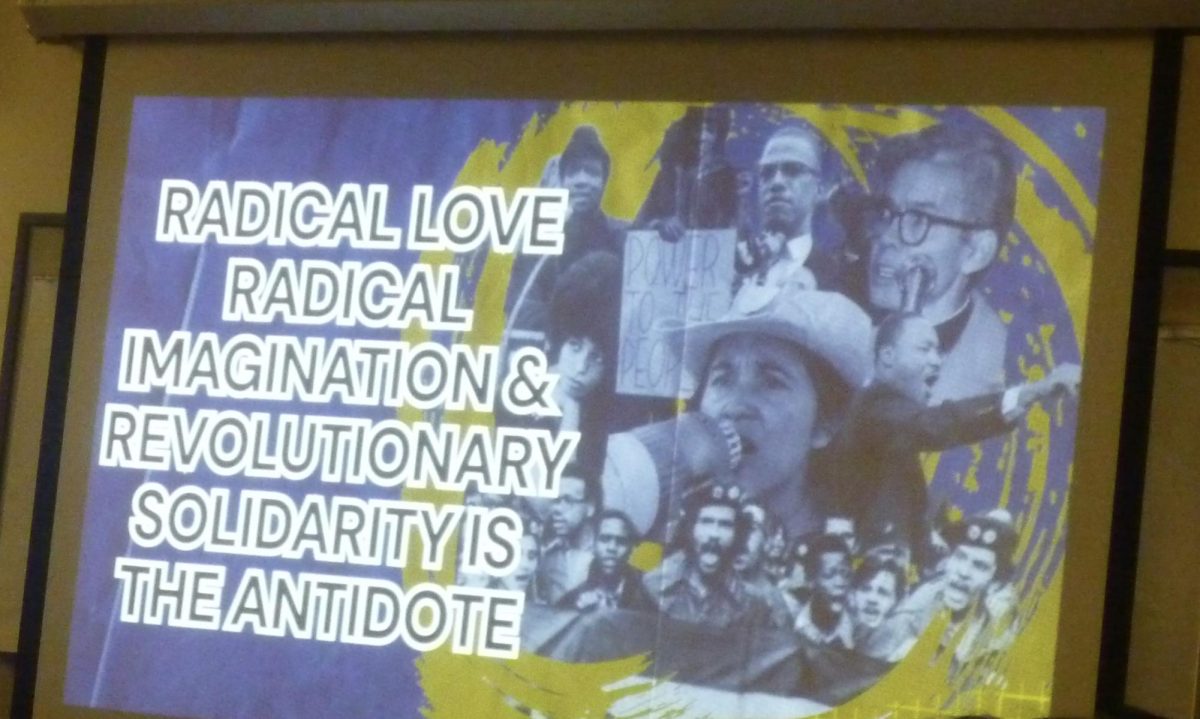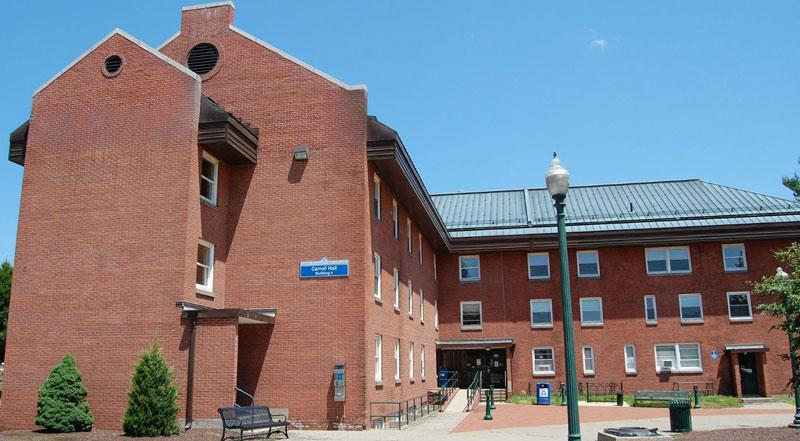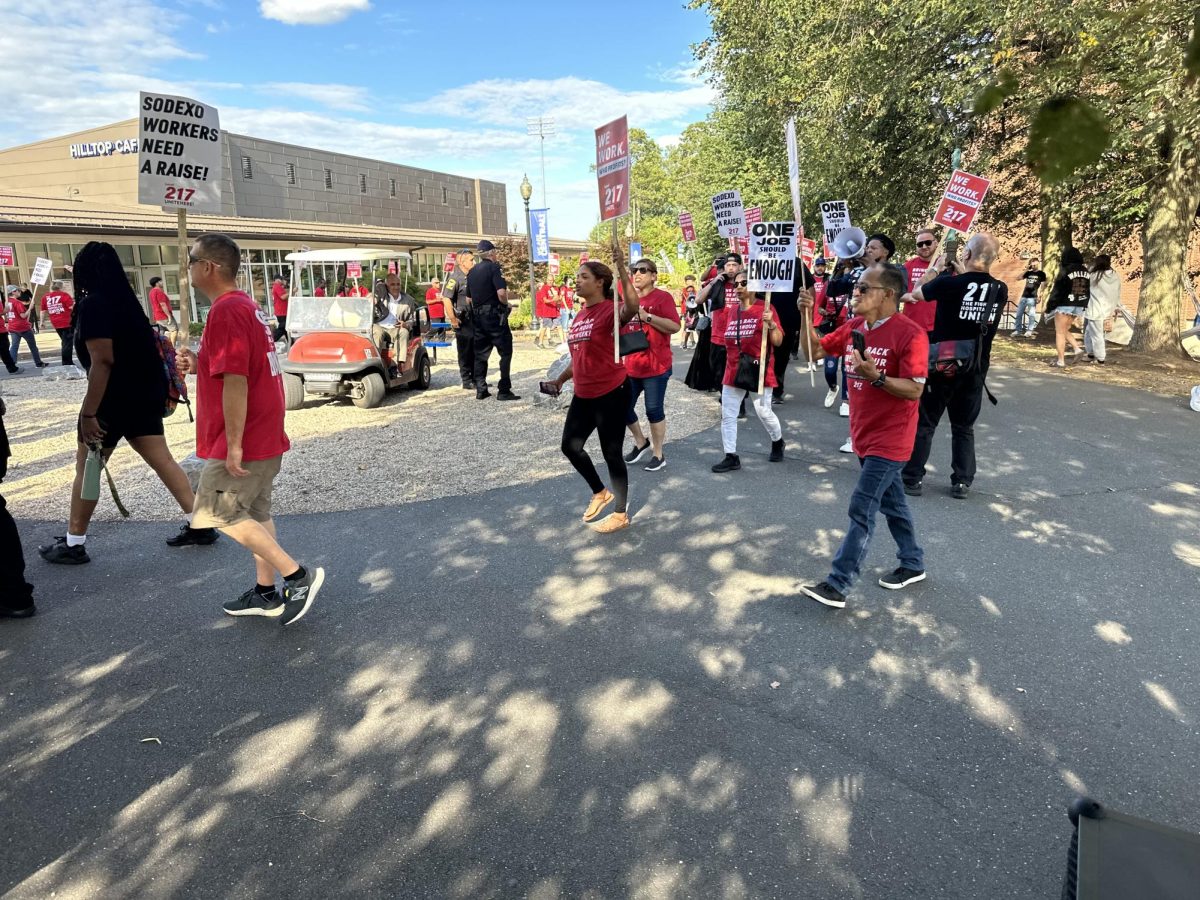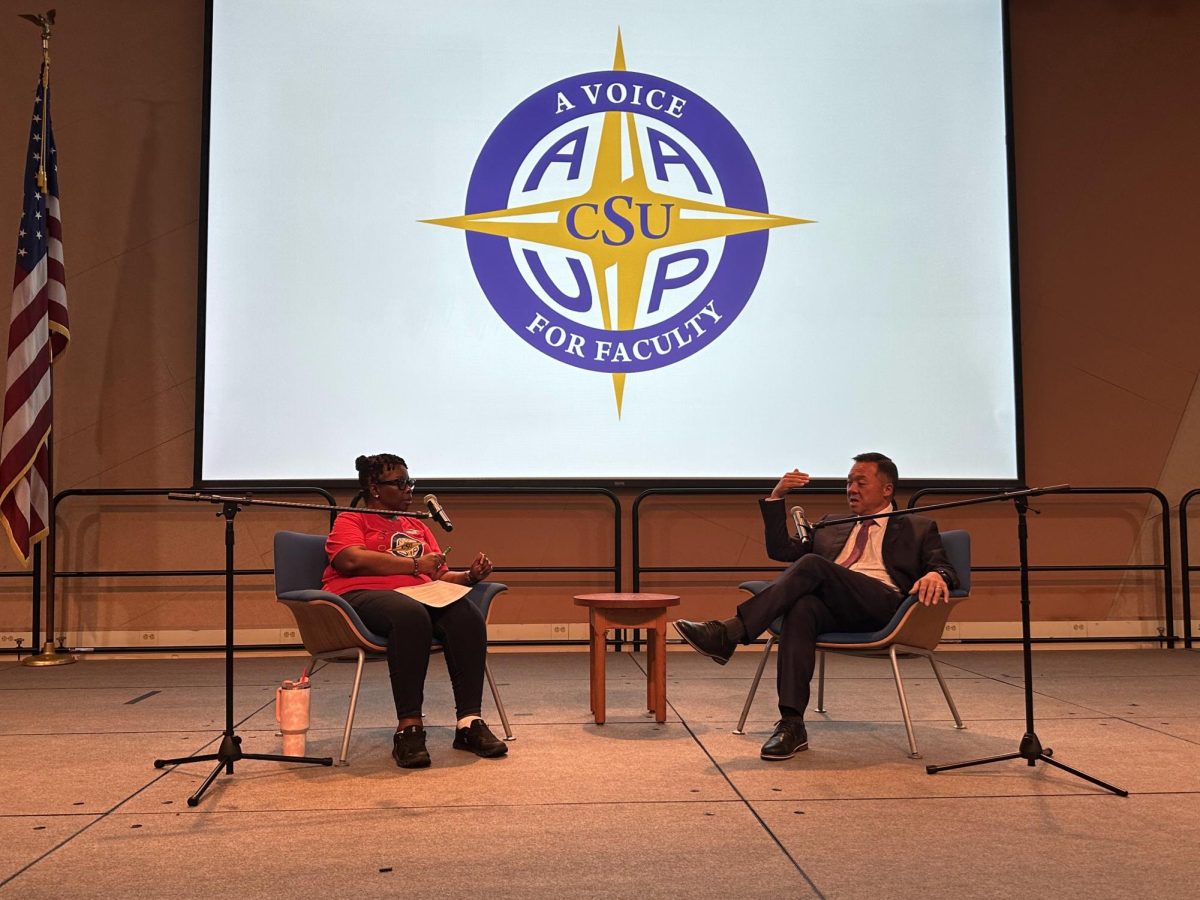By Kat Boushee
When CCSU professor Moises Salinas sexually assaulted Krystal Rich in February 2010, she contemplated not saying anything, but was bolstered by a strong support system to ultimately seek the justice she needed to give her peace.
Rich says she wishes for her story to inspire others to seek the justice they deserve.
“I just want justice to be served… for all those people out there who had things happen to them and it hasn’t worked out and the person has walked away,” Rich said. “Sometimes, just sometimes, it works. And I wish it worked every time.”
Rich also spoke of the toll that this case took on her and those she is closest to.
“I never in a million years imagined going to court or imagined this year-long process,” she said, “It wasn’t just the assault itself but then afterwards it was him trying to contact me, him making up lies about people on campus…and trying to undermine my character and [the character of] his colleagues.”
The case was such a struggle for Rich because prior to her assault there was no contingency plan in place at CCSU regarding the sexual assault of a student by a faculty member.
Joanne DiPlacido, CCSU professor and close friend of Rich, said “When Krystal was sexually assaulted Central did not have a formalized policy and protocol and it was further complicated by the fact that the Chief Diversity Officer was designated as the person to investigate sexual assaults.”
In Rich’s case, the assailant was the Chief Diversity Officer at the time, which made it even harder for her to seek relief.
“My case on campus was investigated as though it was a sexual harassment, not a sexual assault,” recalled Rich. “That’s why it wasn’t reported to the police initially, because it wasn’t looked at as a crime.”
After the assault, Salinas was not removed from his post at the university. He resigned his job as Chief Diversity Officer, but continued on as a professor.
“Me having to go to the police to get this man off campus was so upsetting,” said Rich, her voice wavering.
Rich spoke about how she felt during the spring 2010 semester when Salinas was still teaching on campus after assaulting her, and, in fact, teaching a night class that met on the same evenings as a night class she was taking.
“Oftentimes,” she said, looking visibly distressed, “I wouldn’t go to class, because I was so fearful of seeing him that I just couldn’t handle it.”
Rich said she would have panic attacks when she saw him on campus, because she felt that he had “nothing more to lose” and could “do or say anything,” and added that he “destroyed a lot of things for me.”
Rich believes that one of the single most important things that was said to her while going through this ordeal was what her adviser told her after hearing her story: this wasn’t her fault. She remembers going to her adviser and the first thing that she told him was what she had been wearing.
“‘I had a coat on, and I had a scarf on, and I had long pants on,’” Rich recalls saying. “[My adviser] looked me straight in the face and said, ‘I don’t care if you were wearing a bikini, that doesn’t give him the right to touch you.’”
During her case, Rich became very interested in and involved with advocacy groups and even became a certified sexual assault crisis counselor. Channeling her feeling of powerlessness and putting it to good use, she has joined many committees at CCSU and through those committees is working on the school’s sexual assault policy and on a new consensual relationship policy for relationships between students and faculty.
“I know a lot of times it doesn’t work out and I know a lot of times victims don’t think they have a voice,” Rich said. “At least I had a voice. And yes, I had to fight hard, but at least I was allowed to fight. That’s the thing that’s so amazing about this case. That’s why I want people to know the story, because it did work out. Just because he was one of the head’s of the university doesn’t mean shit. He still can’t do what he did.”
RELATED STORY: Salinas Found Guilty of Sexually Assaulting Student

